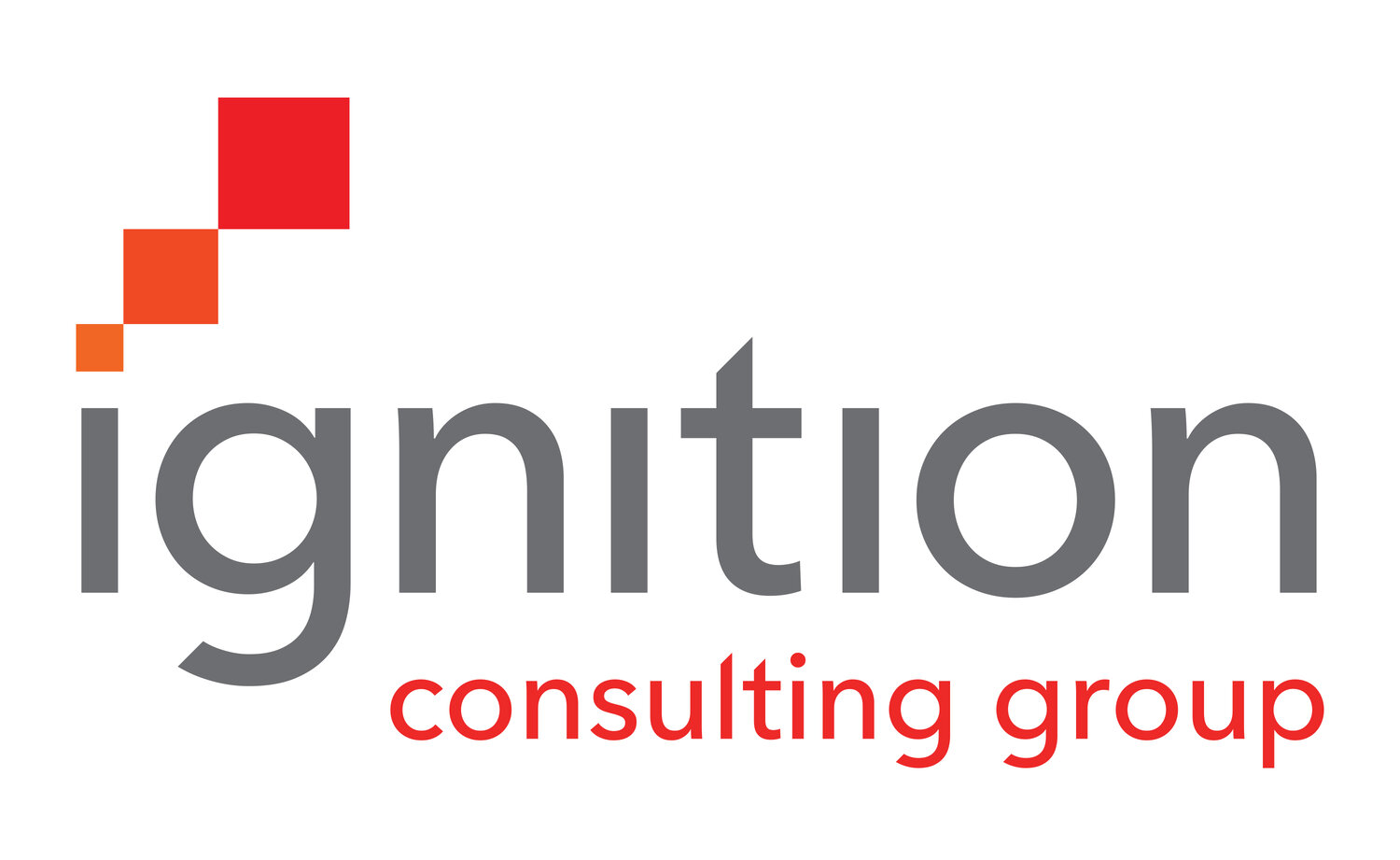Getting Unstuck in Pricing Discussions
If discussions about agency compensation seem like a circular conversation, it’s because most firms are debating the wrong thing. Clients will always try to steer the discourse to focus on cost. Your job is to present and defend the value you’re creating for your client’s business.
Pricing Hacks Inspired by Behavioral Science
Should you aim high or low when a client asks you to “guesstimate” the price of a project? Most of us know the answer to this question, and it’s thanks to the world of behavioral economics that we have insights into the principles of pricing psychology.
The Art of Packaging Value
In clinical trials of new drugs, pharmaceutical companies have learned some fascinating lessons in behavioral science. Not only is the placebo (essentially a sugar pill) perceived as effective by a surprisingly large percentage of patients, but the power of suggestion produces other intriguing effects.
Have You Really Modernized Your Pricing Strategy? Here’s the Test.
Has your firm turned the corner on agency compensation? Many agency executives insist they have, pointing to the fact they have negotiated better hourly rates, better retainers, or better terms on cost-plus remuneration agreements. The problem, of course, is that they are simply getting better and better at doing the wrong thing.
Who's In Charge of Value?
Who determined the price of the car you drive, the mobile phone you use, or the software systems you use? Which internal function inside these companies made the decision about what to charge for their products or services?
Prisoners of the Hourly Rate
The agencies that stand out are those who innovate and create solutions outside the confines of a client brief. They deliver proactive thinking and serve up ideas without waiting to be asked. They develop their own intellectual property and product ideas.
Are You Giving Away Your Most Valuable Product?
Do you present speculative work in new business presentations? Do you get paid for it? Do you prohibit prospective clients from using these ideas unless they hire you and then pay for it? Do you reserve the right to use unpaid-for ideas for another prospective client?
These Questions Can Predict Your Firm’s Future Success
While these unstable times make it infernally difficult to forecast your fiscal year revenue, there is a set of attributes and behaviors that can help foretell your firm’s long-term success. These are leading indicators, meaning they are predictive and diagnostic — the actions and attitudes that produce outsized financial and reputational capital for your firm.
Answering Questions About Value-Led Pricing
Most agencies would say their clients are notoriously price-sensitive and obnoxiously picky about their monthly invoices. But let’s remember it’s the buyer’s job to question prices; they want to make sure they’re getting fair value for the money they’re spending with your firm.
Professional Buyers vs. Amateur Sellers: An Unfair Fight
Have you ever read a book about pricing? For most professionals, the answer is decidedly no. The people who buy your services, however, have completed entire courses of study around pricing, purchasing, and strategic sourcing.
Not Every Client Gets to Fly First Class
Do the people in your firm complain about an overwhelming number of simultaneous priorities? Does every task and client request have an ASAP attached to it?
If Faster Work Is Better for the Client, Why Is it Worse for the Agency?
If a talented art director in your firm can design a brilliant logo in five minutes instead of five weeks, should you get paid less — or more — for it? In the flawed pay-by-the-hour system, the only way your firm could possibly capture the value you have created is for the art director to misrepresent the truth on her timesheet.
What Replaces Timesheets?
During the Vietnam war, Robert McNamara, the U.S. Secretary of Defense, used a notoriously flawed metric to judge the success of the war: body count. For years, McNamara tried to convince the American public that the United States was winning the war based on the fact that far more North Vietnamese soldiers were dying than American or South Vietnamese soldiers. But Americans could sense that despite these figures — even if true — this armed conflict was getting much worse, not better.
Before You Change Your Practices, Change Your Mind
Business professionals have a voracious appetite for learning the “best practices” in their industry. They want to know what has worked for other companies so they can replicate these approaches in their own firms.
How to Be a Price Maker Instead of a Price Taker
Most firms feel they’re stuck on a treadmill when it comes to agency compensation. Actually, it’s more of a time warp. That’s because the cost-plus model employed in most agency-client agreements dates back to the early days of the industrial age.
Pricing, Not Price, As A Competitive Advantage
The way to win more business is not to offer the best price, but rather the best pricing approach.
Seven Ways To Create New Revenue Streams
Would you like to earn money while you sleep? Most of your clients do.
While most product and service companies have diverse ways of generating revenues, agencies and other professional firms generally don’t make money unless they’re recording hours on a timesheet. “Work a million hours, make a million dollars,” as the saying goes.
Heads or Hands: Hired for What You Know, or What You do?
Would you rather be hired for your ability to execute, or your ability to solve? Which is more valuable?
Why Your Value Transcends Your Work
When sitting face to face with the buyers of your services, remember you’re not just selling the value of the work you create. The value your firm brings to the table is deep and multifaceted. But don’t count on your client to point them out for you …
Costing Is a Science, But Pricing Is An Art
Knowing the costs of serving your clients is important, but it’s not the same thing as knowing how to price your services. Costing is objective and tactical; pricing is subjective and strategic. Costing uses formulas; pricing requires judgment.





















